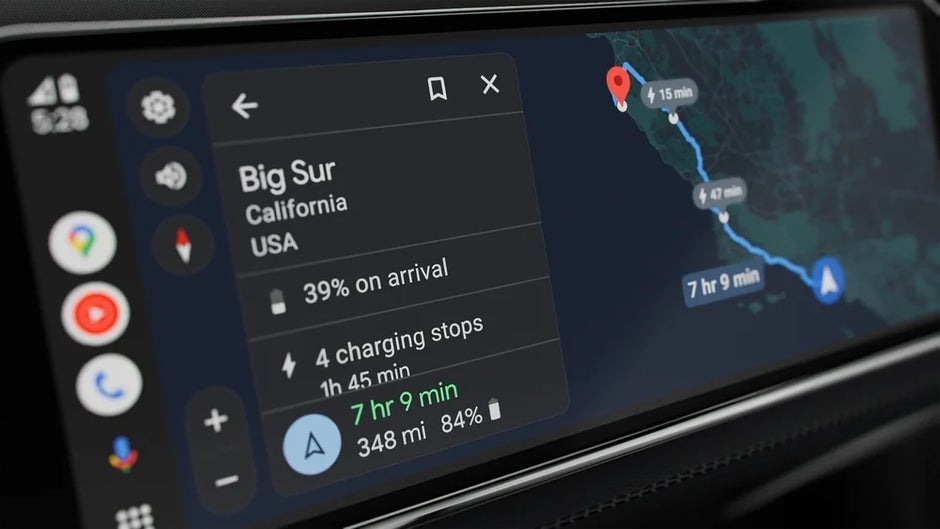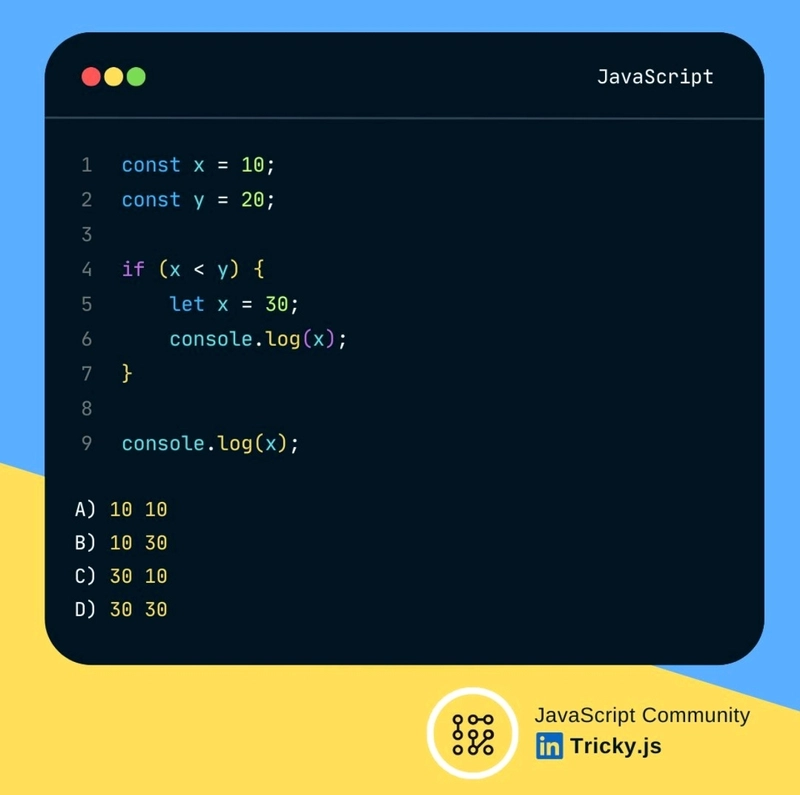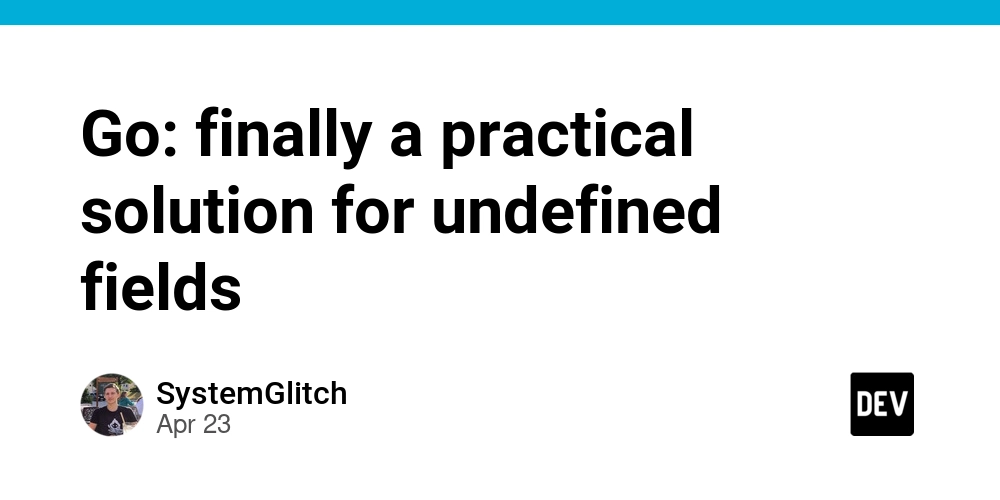Online Python Compiler vs Desktop IDEs: What to Choose?
In today’s fast-paced digital world, Python has become one of the most widely used programming languages. Whether you are a student, a developer, or an automation enthusiast, having access to a Python compiler is essential. But with the rise of browser-based tools, the question arises: should you use an online Python compiler or stick to a traditional desktop IDE? Both options have their strengths and drawbacks. In this article, we’ll explore the differences between the two and help you decide which one suits your needs best. What is an Online Python Compiler? An online Python compiler is a web-based tool that allows users to write, compile, and execute Python code directly in their browser. These tools require no installation or setup and often come with a minimalistic interface focused purely on writing and testing code quickly. Typically, a Python compiler online is used for quick tests, learning, debugging small scripts, or practicing code challenges. It is especially popular among beginners, students, and those working from devices where installing software is not feasible. What is a Desktop IDE? A desktop Integrated Development Environment (IDE) is a full-featured software application installed on your computer. It includes a code editor, compiler, debugger, and often, advanced tools for testing, profiling, and managing large codebases. Examples include tools tailored for Python development with plugins, extensions, and highly customizable interfaces. Desktop IDEs are favored by professional developers working on complex applications or projects that demand advanced development features and system integration. Benefits of an Online Python Compiler Accessibility One of the biggest advantages of using an online Python compiler is that it can be accessed from any device with an internet connection. Whether you're on a laptop, tablet, or even a mobile phone, you can write and run Python code without any setup. No Installation Hassles For beginners or those in restricted environments (such as school computers or office machines), downloading and installing a full IDE might not be an option. A Python compiler online works out of the box, saving time and effort. Lightweight and Fast Online compilers are often minimal in design, allowing for quick code execution. This makes them ideal for short scripts, practicing concepts, or resolving coding problems on the go. Great for Learning Since many online compilers are designed with beginners in mind, they often come with helpful error messages, syntax highlighting, and simple interfaces. Some even include learning modules or coding exercises. Advantages of Desktop IDEs More Features and Customization A desktop IDE offers advanced features such as code auto-completion, debugging tools, version control integration, and project management. These are essential for working on larger applications or collaborating with teams. Offline Availability Unlike an online Python compiler, a desktop IDE works without the need for internet access. This is a significant advantage when you're traveling, working in remote areas, or facing connectivity issues. Better Performance Desktop IDEs are generally more powerful when handling large codebases, extensive libraries, or custom configurations. They also integrate better with system-level tools and databases. Professional Development Tools For production-grade applications, desktop IDEs provide a controlled and consistent development environment. Features like integrated testing frameworks, virtual environments, and debugging breakpoints give developers precise control over their code. When to Use an Online Python Compiler You’re just starting out with Python and want to learn the basics without any installation. You need to write or test small snippets of code quickly. You're using a public or borrowed computer without the ability to install software. You want to share code examples with others without dealing with local environment setup. In all these cases, a Python compiler online provides a quick, hassle-free solution. When to Choose a Desktop IDE You’re working on a long-term project or building an application. You need tools like version control, testing, or debugging built into your development environment. You require offline access to your development environment. You prefer customizing your workspace, plugins, and toolchains for productivity. Desktop IDEs offer power, control, and flexibility that online tools may not match for complex development workflows. The Middle Ground: Use Both Interestingly, the choice between an online Python compiler and a desktop IDE doesn’t have to be exclusive. Many developers use both, depending on their needs at a given time. Online compilers are excellent for experimentation, quick solutions, or educational tasks. Desktop IDEs serve as a solid foundation for professional work and advanced program

In today’s fast-paced digital world, Python has become one of the most widely used programming languages. Whether you are a student, a developer, or an automation enthusiast, having access to a Python compiler is essential. But with the rise of browser-based tools, the question arises: should you use an online Python compiler or stick to a traditional desktop IDE?
Both options have their strengths and drawbacks. In this article, we’ll explore the differences between the two and help you decide which one suits your needs best.
What is an Online Python Compiler?
An online Python compiler is a web-based tool that allows users to write, compile, and execute Python code directly in their browser. These tools require no installation or setup and often come with a minimalistic interface focused purely on writing and testing code quickly.
Typically, a Python compiler online is used for quick tests, learning, debugging small scripts, or practicing code challenges. It is especially popular among beginners, students, and those working from devices where installing software is not feasible.
What is a Desktop IDE?
A desktop Integrated Development Environment (IDE) is a full-featured software application installed on your computer. It includes a code editor, compiler, debugger, and often, advanced tools for testing, profiling, and managing large codebases. Examples include tools tailored for Python development with plugins, extensions, and highly customizable interfaces.
Desktop IDEs are favored by professional developers working on complex applications or projects that demand advanced development features and system integration.
Benefits of an Online Python Compiler
Accessibility
One of the biggest advantages of using an online Python compiler is that it can be accessed from any device with an internet connection. Whether you're on a laptop, tablet, or even a mobile phone, you can write and run Python code without any setup.No Installation Hassles
For beginners or those in restricted environments (such as school computers or office machines), downloading and installing a full IDE might not be an option. A Python compiler online works out of the box, saving time and effort.Lightweight and Fast
Online compilers are often minimal in design, allowing for quick code execution. This makes them ideal for short scripts, practicing concepts, or resolving coding problems on the go.Great for Learning
Since many online compilers are designed with beginners in mind, they often come with helpful error messages, syntax highlighting, and simple interfaces. Some even include learning modules or coding exercises.
Advantages of Desktop IDEs
More Features and Customization
A desktop IDE offers advanced features such as code auto-completion, debugging tools, version control integration, and project management. These are essential for working on larger applications or collaborating with teams.Offline Availability
Unlike an online Python compiler, a desktop IDE works without the need for internet access. This is a significant advantage when you're traveling, working in remote areas, or facing connectivity issues.Better Performance
Desktop IDEs are generally more powerful when handling large codebases, extensive libraries, or custom configurations. They also integrate better with system-level tools and databases.Professional Development Tools
For production-grade applications, desktop IDEs provide a controlled and consistent development environment. Features like integrated testing frameworks, virtual environments, and debugging breakpoints give developers precise control over their code.
When to Use an Online Python Compiler
You’re just starting out with Python and want to learn the basics without any installation.
You need to write or test small snippets of code quickly.
You're using a public or borrowed computer without the ability to install software.
You want to share code examples with others without dealing with local environment setup.
In all these cases, a Python compiler online provides a quick, hassle-free solution.
When to Choose a Desktop IDE
You’re working on a long-term project or building an application.
You need tools like version control, testing, or debugging built into your development environment.
You require offline access to your development environment.
You prefer customizing your workspace, plugins, and toolchains for productivity.
Desktop IDEs offer power, control, and flexibility that online tools may not match for complex development workflows.
The Middle Ground: Use Both
Interestingly, the choice between an online Python compiler and a desktop IDE doesn’t have to be exclusive. Many developers use both, depending on their needs at a given time. Online compilers are excellent for experimentation, quick solutions, or educational tasks. Desktop IDEs serve as a solid foundation for professional work and advanced programming.
Final Thoughts
Choosing between an online Python compiler and a desktop IDE depends entirely on your goals, environment, and workflow. Beginners, casual coders, or learners might find online tools more accessible and easy to use. On the other hand, professional developers, software engineers, or anyone working on large-scale projects will benefit from the power and flexibility of desktop IDEs.
There’s no one-size-fits-all answer—but understanding the strengths of each option will help you make a better, more productive choice for your Python journey.


































































































































































![[The AI Show Episode 145]: OpenAI Releases o3 and o4-mini, AI Is Causing “Quiet Layoffs,” Executive Order on Youth AI Education & GPT-4o’s Controversial Update](https://www.marketingaiinstitute.com/hubfs/ep%20145%20cover.png)















































































































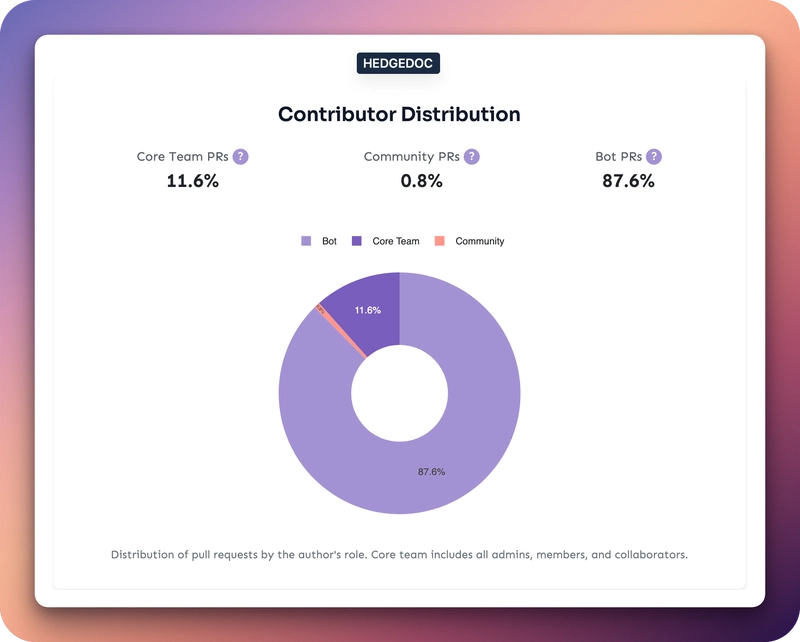



















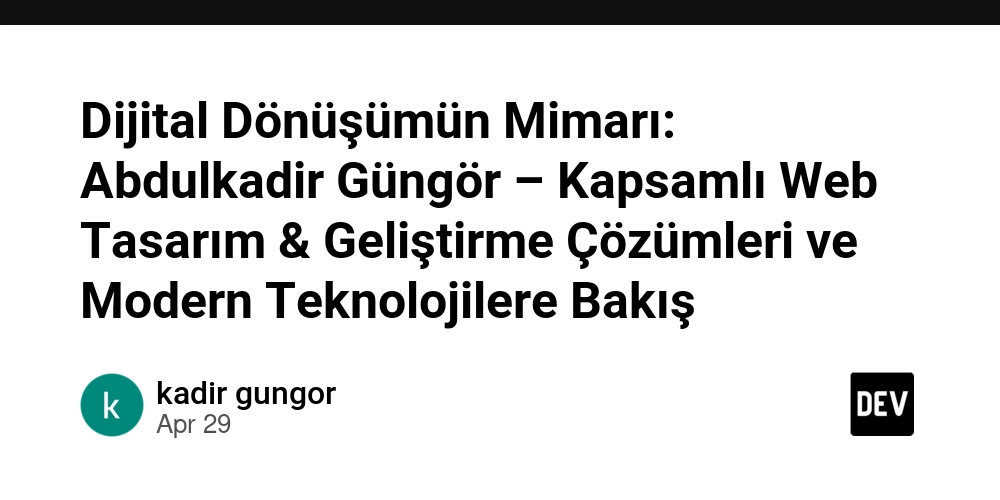
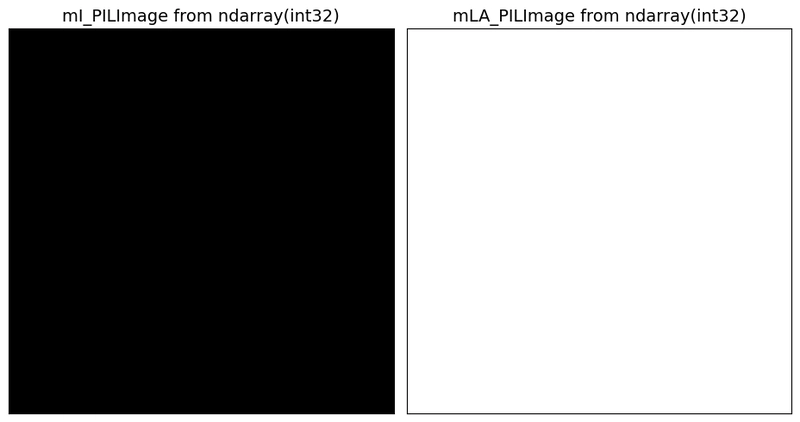














































































































.png?width=1920&height=1920&fit=bounds&quality=70&format=jpg&auto=webp#)





















_Vladimir_Stanisic_Alamy.jpg?width=1280&auto=webp&quality=80&disable=upscale#)

























































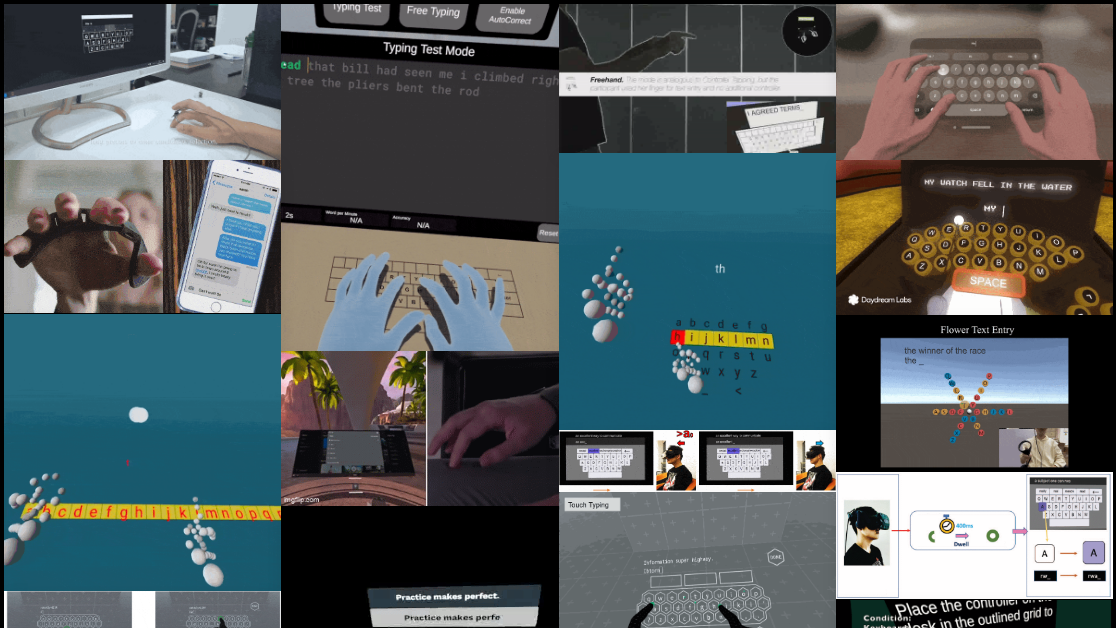


















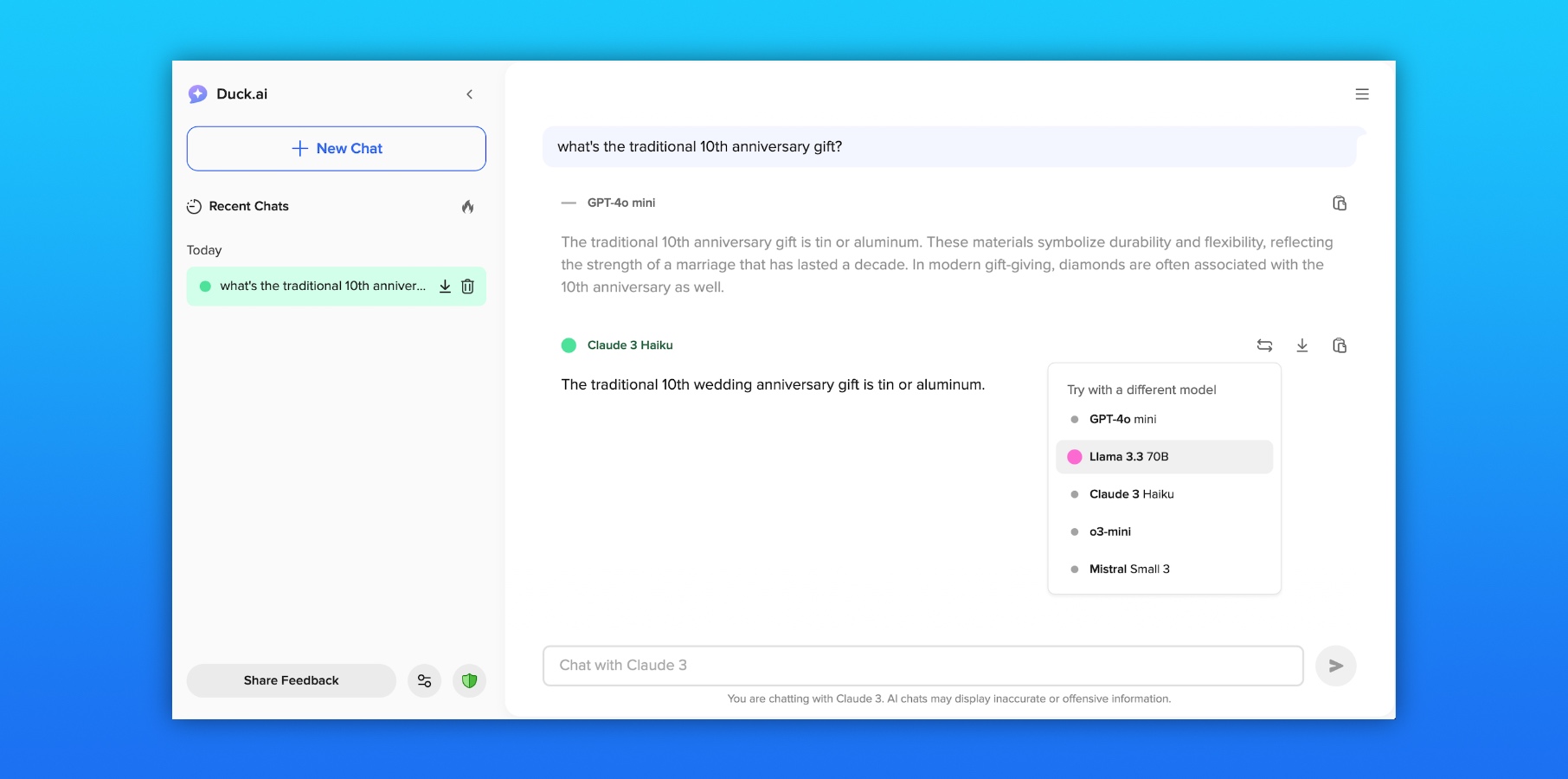





![Amazon to display cost of tariffs on products in 'hostile and political' act [u]](https://photos5.appleinsider.com/gallery/63442-131837-000-lede-Amazon-xl.jpg)
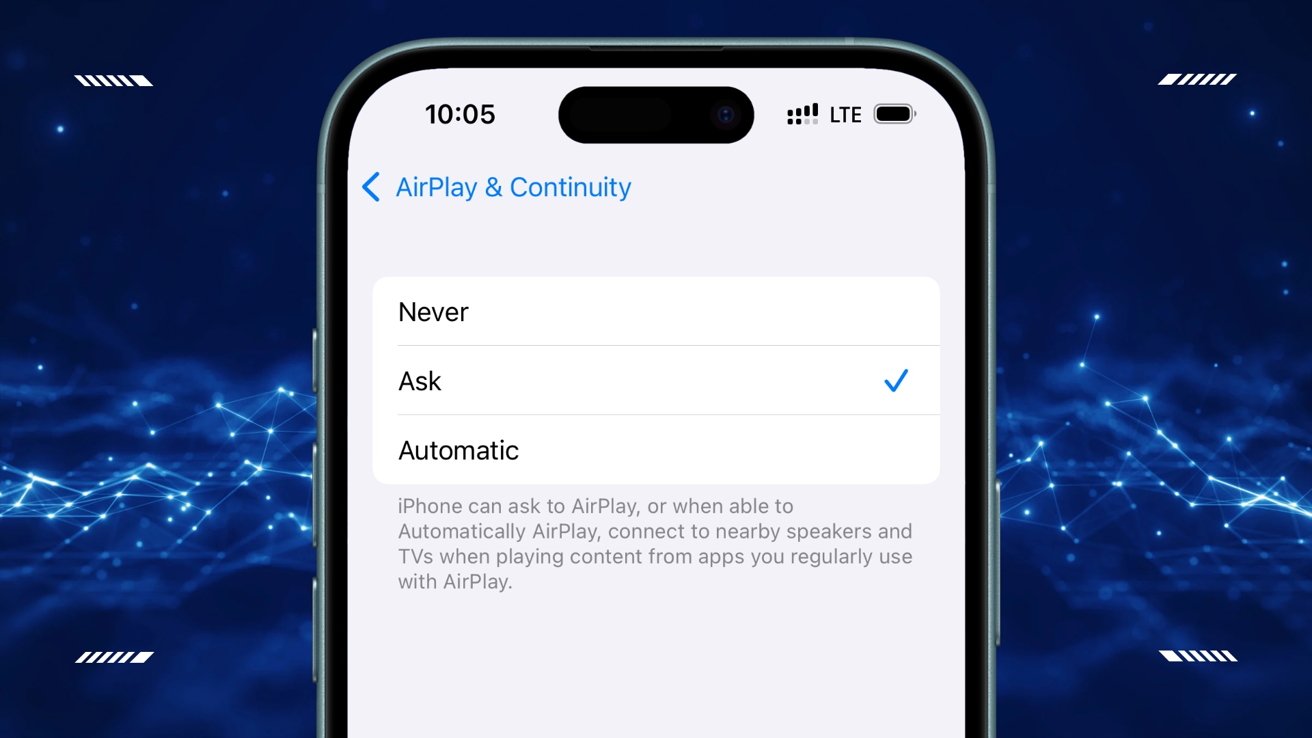





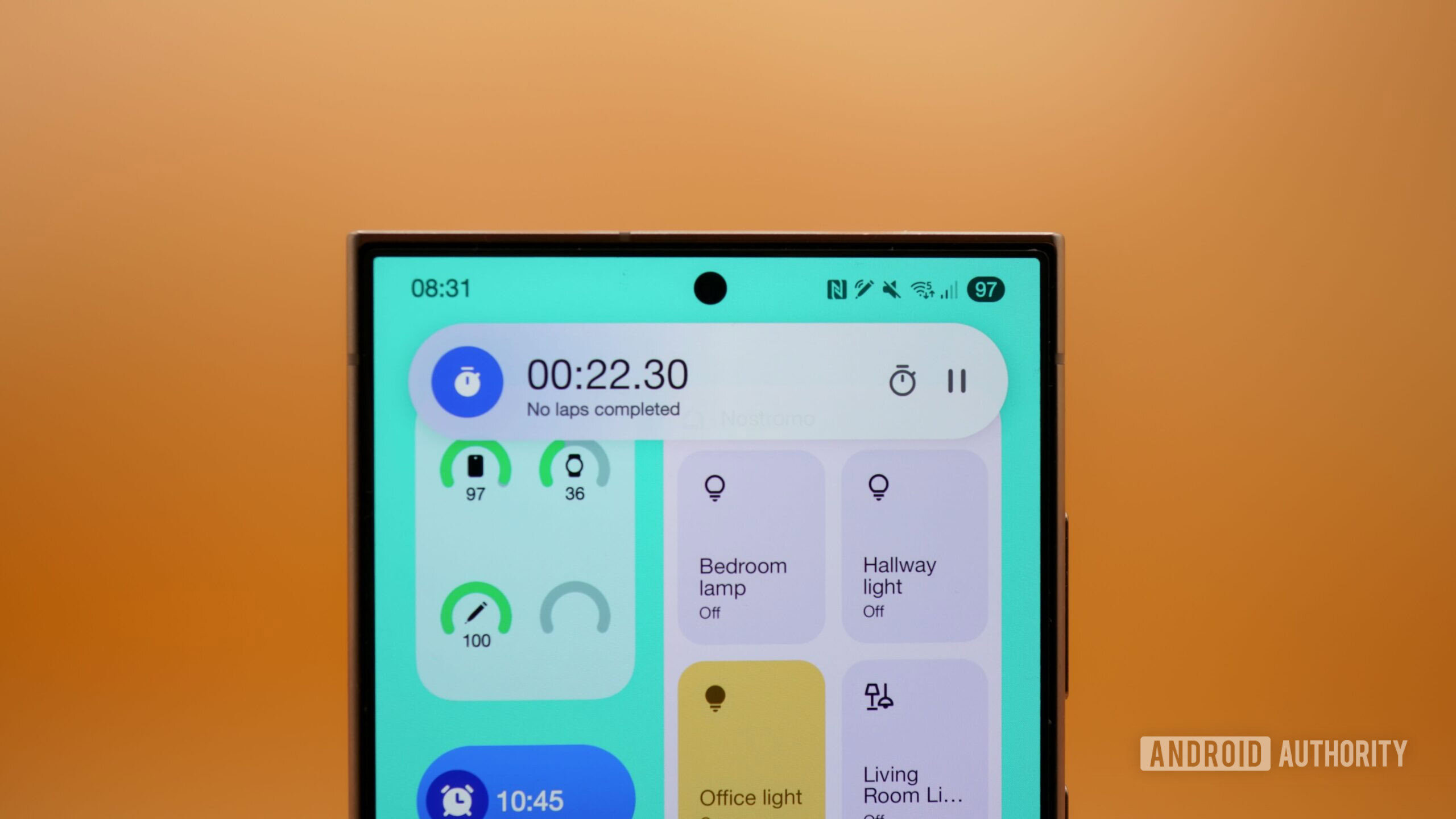

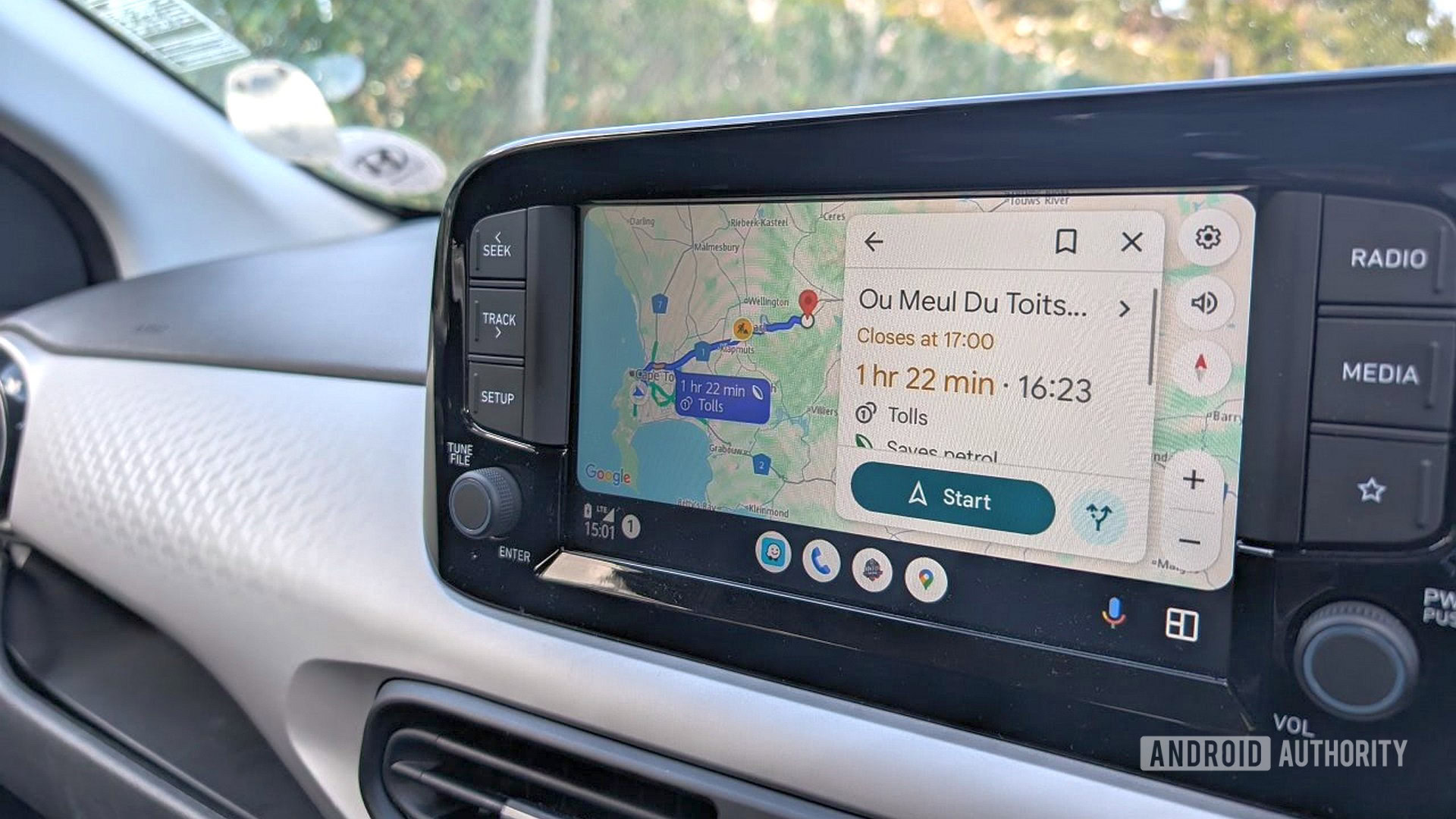

















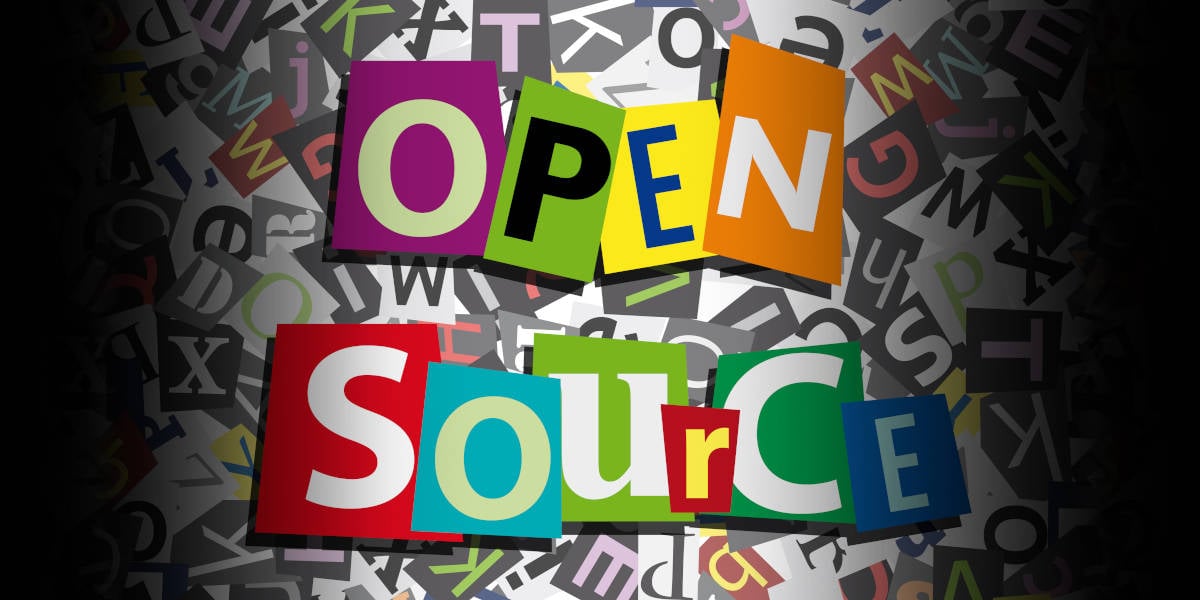


![AirPods Pro 2 With USB-C Back On Sale for Just $169! [Deal]](https://www.iclarified.com/images/news/96315/96315/96315-640.jpg)
![Apple Releases iOS 18.5 Beta 4 and iPadOS 18.5 Beta 4 [Download]](https://www.iclarified.com/images/news/97145/97145/97145-640.jpg)
![Apple Seeds watchOS 11.5 Beta 4 to Developers [Download]](https://www.iclarified.com/images/news/97147/97147/97147-640.jpg)











































![Did T-Mobile just upgrade your plan again? Not exactly, despite confusing email [UPDATED]](https://m-cdn.phonearena.com/images/article/169902-two/Did-T-Mobile-just-upgrade-your-plan-again-Not-exactly-despite-confusing-email-UPDATED.jpg?#)
